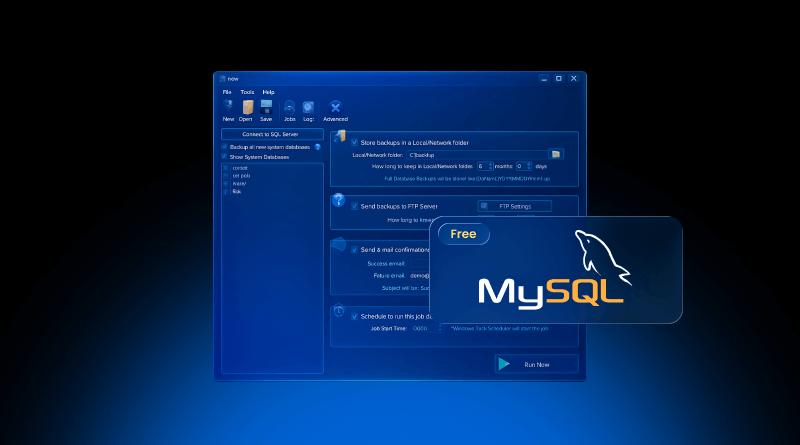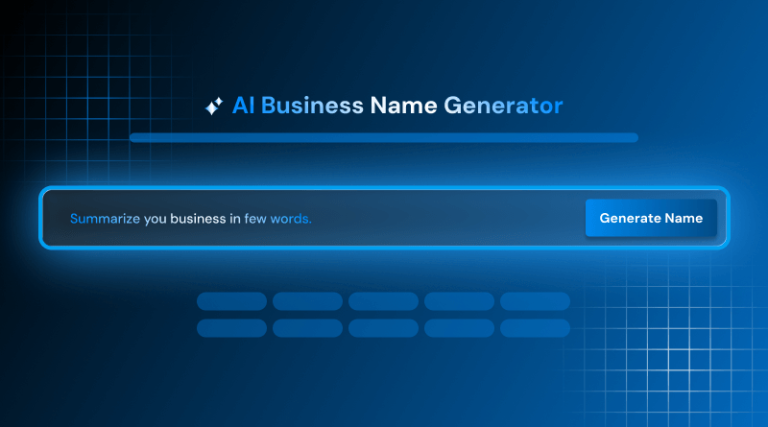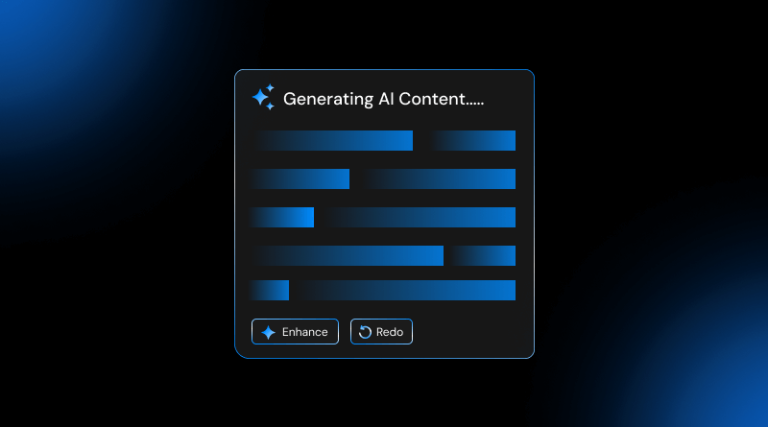In today’s data-centric digital world, databases are essential to nearly every business application. From the e-commerce platforms that run your business to analytics dashboards and content management systems, MySQL serves as a foundation for an enormous number of web applications worldwide. The risk associated with relying too heavily on databases is equally substantial; what happens if the database fails, becomes corrupt, or is hacked? The loss of key data can be crippling.
This data crisis highlights the value of backups. Fortunately, you don’t necessarily have to spend money on expensive software solutions to protect your data. There are many free MySQL backup tools to help developers and database administrators automate, manage, schedule, and restore backups quickly and at no cost.
In this insightful blog post, you will find everything you need to know about MySQL database backup tools, including the best free MySQL database backup tools, the MySQL backup best practices that are never to be overlooked, and how to mitigate mistakes. It will answer frequently asked questions and provide useful options for keeping the MySQL databases you manage safe, accessible, and recoverable.
Table Of Content
Significance of MySQL Backup Management
Think about working for years on an e-commerce system that attracted thousands of customer orders before it crashed overnight. Or a single bug that completely ruined a SaaS product in production. Without a good backup plan, any one of these scenarios puts your business in jeopardy.
Here are a few key reasons why backups are vital:
- Hardware Failures: Server crashes, and disks fail. Backups are the only way to protect against this eventuality.
- Human Error: Deleting the wrong thing or running the wrong database command can destroy your important tables in seconds.
- Cybersecurity Risk: Most attacks targeting your database are conducted through ransomware or bugs. Backups provide a way to recover if you are victimized.
- Compliance & Audits: Certain industries require a routine database backup for compliance purposes.
A good DBA will tell you backups aren’t the only way to protect a database, but it’s about following the best MySQL backup best practices, such as scheduling, testing, and archival storage. If you don’t adhere to best practices, even using the best MySQL backup, there is no guarantee you aren’t putting yourself at risk.
An Overview of Free MySQL Backup Tools
Before we start with a list of tools we would recommend, let’s first clarify what free is:
- Community Tools: Completely free, flexible, and community-driven, but sometimes will require some technical proficiency.
- Freemium Tools: Free tier with limited features and the ability to upgrade if needed.
MySQL Backup software free solutions are completely adequate and can be just as powerful as enterprise options, even with a huge workload, for small to medium-sized projects.
Top Free MySQL Backup Tools
1. MySQL Workbench
MySQL Workbench is probably the most recognizable MySQL backup GUI tool free. It features schema and data exports, visual database designing features, and restoration processes. If you are one of those who don’t prefer running CLI commands, Workbench can be a lifesaver.
Pros: MySQL Workbench is designed to be user-friendly, especially for beginners and non-technical users. Workbench can export schemas and data, making it a nice way to run full backups and restorations without relying on complex commands that may change with the technology.
Cons: The major limitation is in automation support, so there are no advanced scheduling capabilities to support or schedule recurring automated backups. You would have to rely on scripts for that, which isn’t great in an enterprise, requiring a fully automated backup strategy.
2. phpMyAdmin
phpMyAdmin, a MySQL database backup tool, is frequently provided by MySQL cloud hosting platforms. It ensures seamless database import and export activities within a quick succession.
Pros: It has a wide application scope, thanks to its lightweight nature and cross-browser functionality of phpMyAdmin. It delivers good performance with small to medium-sized databases, and is widely supported by hosting providers, with good compatibility out of the box, and doesn’t require any additional setup.
Cons: phpMyAdmin suffers in performance and reliability with very large databases, and its backups are manual throughout. Unless you pair it with scripts, which makes it impractical for any automation or enterprise demands.
3. AutoMySQLBackup
AutoMySQLBackup manages overall backups by implementing cron jobs. It’s an excellent option for anyone searching for free automated MySQL backups. AutoMySQLBackup supports daily, weekly, and monthly automated backups.
Pros: AutoMySQLBackup is a great tool for automation because it provides easy daily, weekly, and monthly backup options through cron jobs. The program is small, fast, and stable, making it an excellent choice for Linux servers where scripting automation is part of your solution.
Cons: There is no GUI available, and it’s a command-line utility, requiring a considerable amount of technical knowledge, which can be overwhelming for the less technical user or technical teams seeking GUI-based solutions.
4. Percona XtraBackup
Percona’s XtraBackup is one of the most powerful open-source MySQL database backup tools. You can run the database without closing or stopping the application while the backup is running.
Pros: This tool comes with reliable ways for compression and encryption, and supports incremental backups, ensuring time saving and optimal bandwidth usage. It performs exceptionally well in reliable environments, such as large production data MySQL environments.
Cons: With all that said, XtraBackup does come with the drawbacks of having a steep learning curve because of its being command line only, requiring more configuration, and would most likely scare teams into not following through if they are more interested in something with a user-friendly GUI interface, especially if they have no experience with a Linux-based database backup tool.
5. Duplicati
With Duplicati, using scripting and cloud integration, you can easily back up databases. Even with a free MySQL backup software solution, it brings significant versatility under a hybrid environment.
Pros: Duplicati is versatile, making it compatible with multiple cloud storage services, such as Google Drive and Dropbox. Duplicati enables users to back up MySQL data alongside other system data, making it useful for implementing a hybrid backup strategy.
Cons: Its restore functionality requires aggressive repairs, and its interface is less intuitive. While Duplicati is feature-rich, it lacks MySQL integration.
MySQL Backup Best Practices
As there are several MySQL database backup tools you can choose from, it’s essential to follow MySQL data backup best practices.
- Schedule Backups: Every day for active work mode; weekly for light applications.
- Use Encryption: Data encryption as a safeguard against stolen backup.
- Test Restores: A backup is useless if you can’t restore it.
- Keep Offsite Copies: Store data offsite or in separate clouds or drives.
Mistakes to Avoid in Database Security
- Only performing manual backups: Manual exports are not scalable. Always choose automation.
- Storing backups on the same server: If the server crashes, your backup will be lost as well.
- Failing to verify backup integrity: Backups can become corrupted; verify regularly.
- Neglecting security: Unencrypted SQL dumps can be a liability if they get into the wrong hands.
By utilizing a reliable MySQL backup tool, along with the above practices, you can head off disaster.
Protecting your MySQL data doesn’t have to be expensive. There are numerous Free MySQL backup tools for novices, startups, and expert DBAs. Whether you prefer the ease of phpMyAdmin or the robust features of Percona XtraBackup, the sheer amount of free MySQL database backup tools available today makes it easy to protect your critical applications.
The challenge is not only to select the best MySQL database backup tools, but also to adopt them correctly with MySQL backup best practices. Assess your needs, select the most suitable MySQL backup software, and protect your data.
FAQs
1. How do I automate my MySQL backups while spending no money?
You can automate backups through various means, such as using AutoMySQLBackup or a cron job that runs mysqldump commands. You can also find many free MySQL backup applications that automate your backups. Through scripting, you can run a backup daily, weekly, or monthly, and by doing so, you will be following MySQL backup best practices.
2. What are the most important features to look for in a free MySQL backup solution?
The ideal MySQL backup software includes automation, encryption, easy restoration, and logging. If you want a simple and easy user experience, look for a free MySQL backup GUI tool. To ensure reliability with the tool, always follow MySQL backup best practices, such as checking backups and storing backups off-site.
3. How regularly do I back up my MySQL database?
It depends on how often your data changes. If you have a high-transaction system, it would be ideal to take daily or even hourly backups with free MySQL backup tools. For my less-important, smaller projects, I could probably get away with weekly backups. Regardless of how often you perform backups, consider MySQL backup best practices, such as periodically restoring and testing your backups.
4. What is the difference between open-source and freemium backup tools?
Open-source MySQL database backup tools are free and community-built. They usually have flexibility and no limitations. Freemium tools offer free backup options only to a certain point, and you may need to pay for many of the best features. When deciding between options, consider your budget, but don’t take shortcuts on MySQL backup best practices.














